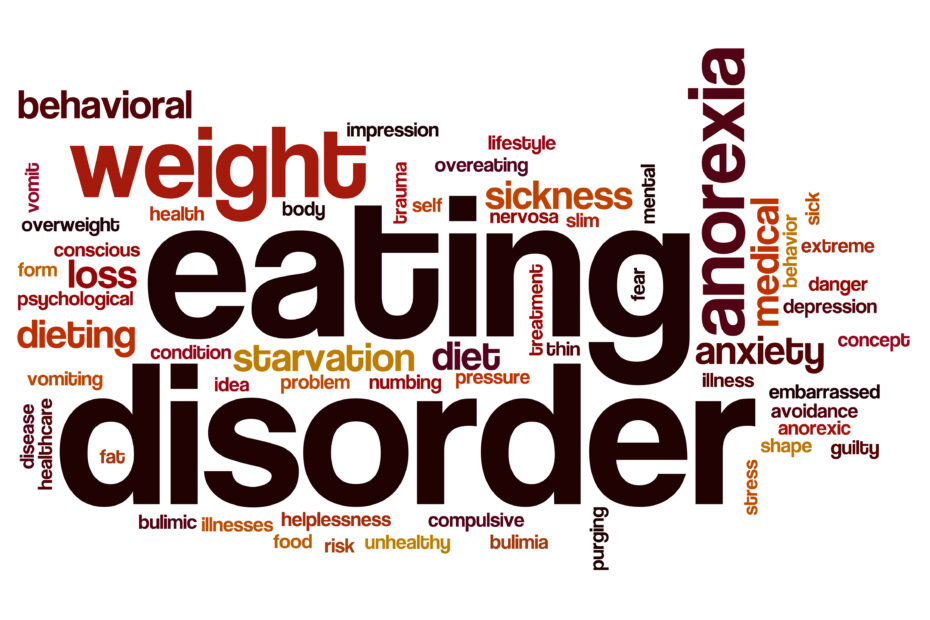Do you struggle with an eating disorder or know someone who does? Eating disorders are devastating, but there is hope for healing. Overcoming an eating disorder often requires hard work and a combination of therapies and treatments that address the underlying emotional distress driving unhealthy behaviors. In this blog post, Tommy Shek discusses how to heal from an eating disorder by learning better coping strategies, engaging in therapeutic interventions such as cognitive-behavioral therapy (CBT), and finding support among family, friends, and professionals.
Tommy Shek On How To Heal An Eating Disorder
Tip 1 – Seek Professional Help
The first step in healing from an eating disorder is to seek professional help, says Tommy Shek. A qualified mental health professional can provide a crucial source of support, guidance, and understanding. A good therapist can offer individualized advice tailored to the unique needs of each person, as well as provide practical strategies for managing symptoms and remaining on track with recovery goals. Through therapy, individuals can gain insight into their thoughts and behaviors related to food, learn how to manage difficult emotions without relying on unhealthy coping mechanisms, and develop healthy eating habits that can be sustained long-term.
Tip 2 – Create Meaningful Connections
It’s important to surround yourself with people who are supportive of your recovery journey and care about your well-being. This could include friends, family members, or a support group for individuals with eating disorders. Having meaningful connections can help provide the emotional support needed to cope with the challenges of recovery. In addition, building relationships with people who have gone through similar struggles and understanding what it’s like can be incredibly validating and empowering.
Tip 3 – Practice Self-Compassion
Self-compassion is key in healing from an eating disorder. Focusing on negative self-talk and feeling guilty when you don’t meet unrealistic standards won’t help you reach your goals or live a fulfilling life. Instead, practice talking to yourself as you would talk to a friend—with kindness and understanding instead of harsh criticism. Remind yourself that recovery is a process, and it’s okay to make mistakes along the way.
Tip 4 – Develop Healthy Coping Mechanisms
According to Tommy Shek, eating disorders often develop as a way of coping with difficult emotions or situations. When in recovery, it’s important to find healthy ways to deal with stress, anxiety, and other challenging feelings. This could include activities like journaling, listening to music, taking a walk outdoors, or engaging in relaxation techniques such as yoga or deep breathing exercises. Find something that helps you feel calm and centered when facing tough times so that you can avoid turning to disordered habits for comfort.
Tommy Shek’s Concluding Thoughts
Developing these tips by Tommy Shek into daily habits will help provide long-term stability and healing from an eating disorder. With the right support and helpful strategies, individuals can learn how to nourish their bodies without guilt or shame. Recovery is a journey—one that takes time, perseverance, and self-compassion. Remember: you are not alone in this process, and with the right help, recovery is possible.

